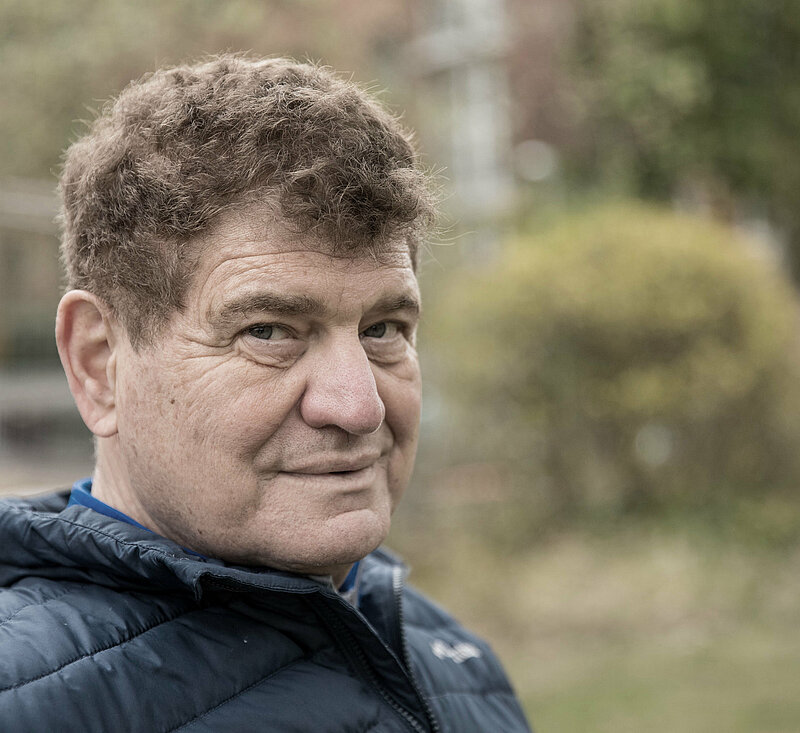Summary
This method has been developed recently and its therapeutic potential has yet to be demonstrated conclusively. However, initial studies have shown that patients treated with this method can benefit from lasting reductions in their PSA level. In addition, many patients get by without the need for further treatment for an extended period after the surgery.
If the cancer returns and these metastases are removed at an early stage, this can postpone the need for hormone therapy or radiotherapy. In some cases, it can eliminate the need for follow-up treatment altogether, which is an immense relief for the patients in question. However, this treatment method for recurrent prostate carcinoma is currently still considered experimental and is not included in official guidelines. Although the initial results are very promising, we do not yet have long-term oncological data for PSMA-PET or PSMA-radioguided surgery.
Video
PSMA-radioguided surgery
2016: BR: A new method for treating recurrent prostate cancer that uses specially developed surface markers to localise and remove very small tumours. [German only]
Lymph node removal for prostate cancer
2015: BR: This video report shows how metastasised prostate cancer cells can be localised and removed with precision. [German only]
Media articles
“Als hätte jemand das Licht eingeschaltet”
2021 / Labor Journal: In this interview, Prof. Tobias Maurer explains the PSMA-PET imaging method for metastasised prostate cancer. [German only]
Metastasen-direktive Therapie beim Prostatakrebsrezidiv
2020 / Urologie: PSMA-PET has become increasingly established in recent years as a standard imaging technique in cases of biochemical recurrence. [German only]
Experte im Gespräch: Dr. Tobias Maurer über Prostatakrebs
2019 / Operation Karriere: Dr. Maurer discusses the latest treatment methods, such as PSMA-radioguided surgery, focal treatment and robotic-assisted surgery. [German only]
Rezidivierendes Prostatakarzinom
2019 / Urologische Nachrichten: Biochemical response and treatment-free interval following PSMA-radioguided surgery. Experiences after 198 patients. [German only]
Moin PD Dr. Tobias Maurer
2019 / UKE-Life: In this interview with the UKE patient magazine, Dr. Tobias Maurer discusses the new treatment method he has introduced and why he is so fond of Hamburg. [German only]
Die PSMA-"radioguided surgery" beim Prostatakarzinomrezidiv
2018 / Jatros: In this article, Dr. Tobias Maurer describes how PSMA-radioguided surgery can identify and remove even small metastases. [German only]




